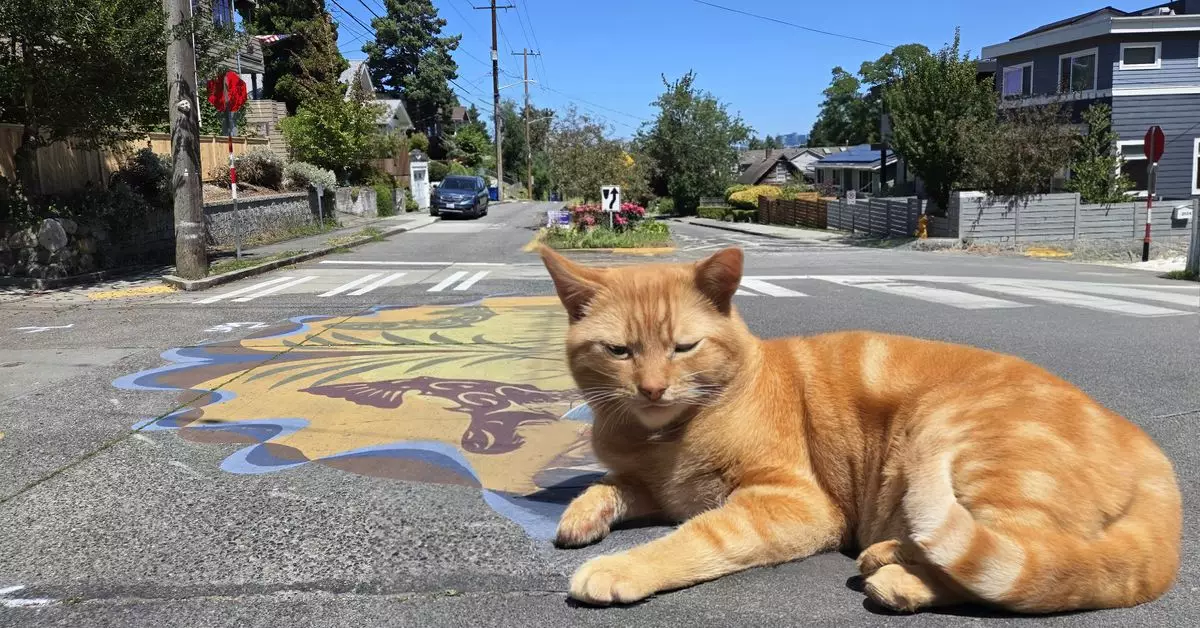The advancements in smartphone technology have truly revolutionized the way we capture and share moments. With the introduction of generative AI tools like Samsung’s “sketch to image,” the boundaries of photography are being pushed to new limits. While the intention behind such tools is to enhance creativity and convenience, the implications of their impact on the authenticity of images are worth considering.
The concept of transforming a rough sketch into a detailed image using generative AI is both intriguing and concerning. The ease with which users can create realistic-looking compositions raises questions about the credibility of visual content. The author’s experience with the “sketch to image” tool revealed the impressive capabilities of AI in seamlessly integrating generated elements into photos. The example of a blurry bee on a flower highlights the challenge of distinguishing between authentic and AI-generated content.
As the author experimented with the sketch to image feature, the results varied from convincing to obviously artificial. While some creations had telltale signs of generative AI, others were indistinguishable from genuine images. The ability to manipulate photos with such precision blurs the line between reality and fiction. It raises concerns about the potential misuse of AI-generated content to deceive viewers or create misleading narratives.
The Ethical Implications of AI in Photography
The widespread availability of generative AI tools, like sketch to image, poses ethical challenges in the realm of photography. The ease of altering images with AI raises questions about the integrity of visual storytelling and the fidelity of photographic documentation. The author’s reflection on showing AI-enhanced images to a child underscores the evolving perception of artistic creation in the digital age. The impact of such technologies on society’s understanding of truth and authenticity in images is a critical issue that needs to be addressed.
The integration of generative AI tools in smartphone photography signifies a paradigm shift in the way we perceive and create visual content. The juxtaposition of traditional artistic processes with AI-driven enhancements challenges conventional notions of photography and artistic expression. The author’s exploration of AI-generated compositions, from playful experiments to thought-provoking reflections, highlights the evolving landscape of visual storytelling in the digital era.
The growing adoption of AI features in smartphones, such as Samsung’s commitment to expanding Galaxy AI to millions of devices, signals a future where generative AI becomes ubiquitous in photography. As AI capabilities continue to evolve, the boundaries between real and artificial imagery will become increasingly blurred. The author’s experience with sketch to image serves as a glimpse into the potential impact of AI on the photography industry and the broader cultural implications of AI-driven visual content.
The integration of generative AI tools in smartphone photography presents both exciting possibilities and ethical considerations. The transformative power of AI in enhancing creative expression must be balanced with a critical awareness of its impact on the authenticity and integrity of visual storytelling. As we navigate the evolving landscape of photography in the age of AI, it is essential to reflect on the implications of technological advancements on our perception of truth, creativity, and the future of visual communication.


Leave a Reply
You must be logged in to post a comment.